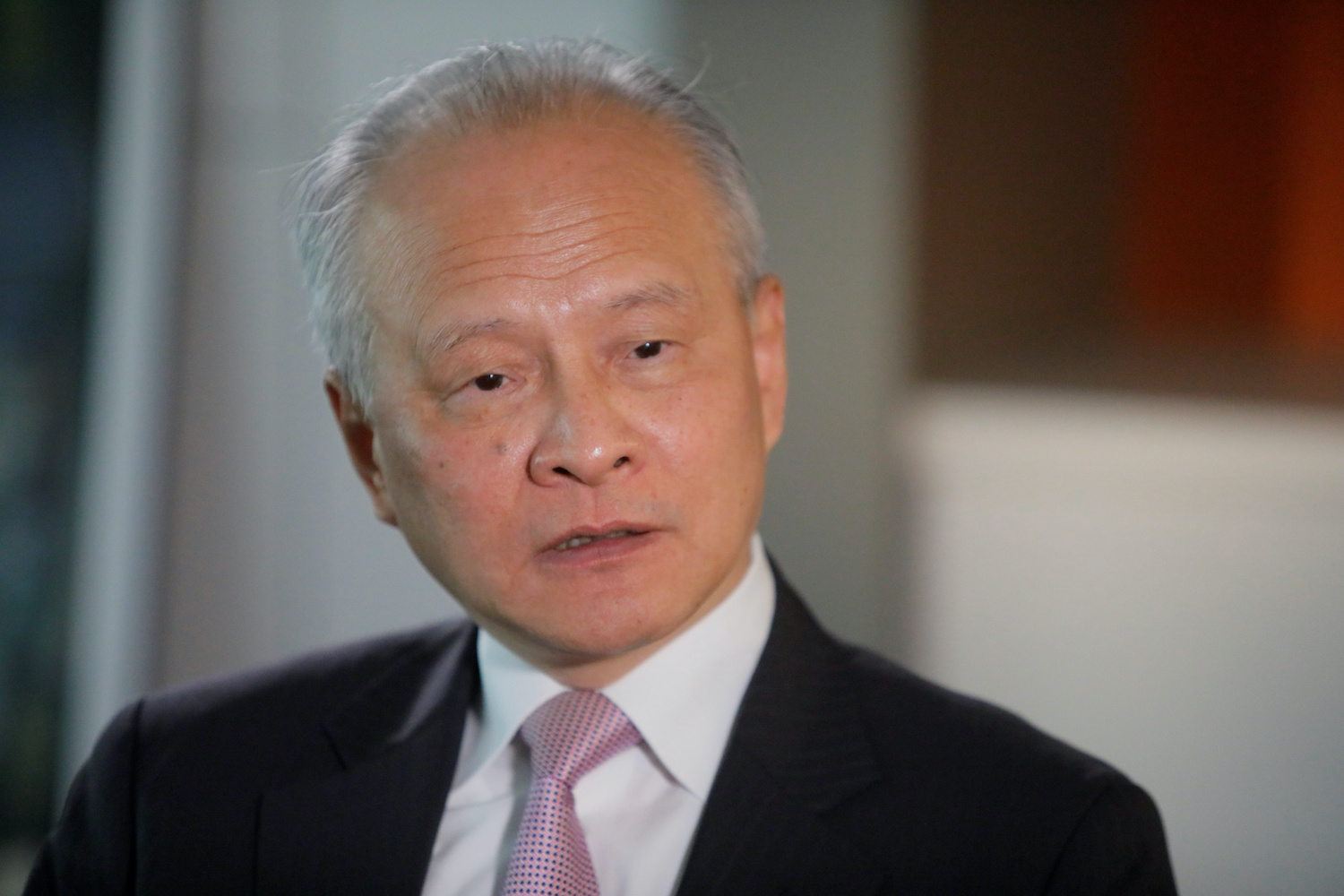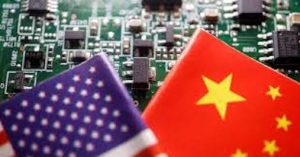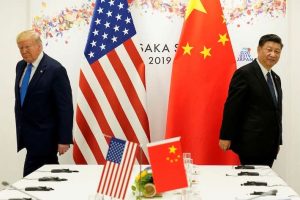Chinese medical stock soars in 18 months
On June 25, Pien Tze Huang’s share price opened higher and continued to strengthen during the day, reaching a record high of 452.27 yuan. As of press time, the stock was at 448.60 yuan, up 4.9%, and the company’s latest market value exceeded 270 billion yuan ($41.8 billion).
At the beginning of 2020, the stock price of Pien Tze Huang was about 100 yuan. That means the stock has enjoyed a rise of over 400% in the past 18 months, and the firm’s value has soared from more than 60 billion yuan to 270 billion yuan. Pien Tze Huang joins Yunnan Baiyao, which has a market value of over 140 billion yuan, to become one of only two listed medicinal companies in China with a value over RMB 100 billion. Pien Tze Huang’s stores across the country are sometimes empty due to high demand. Their traditional Chinese medicine is said to have anti-viral and anti-cancer properties. Customers are limited to buying two pills a month, and they go for 1,000 yuan ($155) per pill in the secondary market.
Is Covid a factor in this boom? You would have to think so.
Bond underwriters called to headmaster’s office
Constant price wars have finally led to the bond market regulator saying it will no longer tolerate the practice.
The Securities Industry Association of China has been heavily restricting bond contracting price wars in recent days, emphasizing that the industry is “strengthening” rather than becoming “bigger”, and guiding a weakening of the excessive emphasis on scale.
From June 23, the Securities Industry Association asked for comments on a revised version of the “Measures for the Evaluation of Corporate Bond Business Practices of Securities Companies” and required feedback before June 30. The adjustment is mainly to promote a “high-quality and sustainable” corporate bond business, to guide various securities companies to “be better and stronger” through evaluation and to “consciously maintain the order of market competition.”
In recent years, competitive low prices for corporate bonds have appeared from time to time. For example, a single medium-term note project in Hainan broke last year, and the selected lead underwriter gave an underwriting fee rate as low as 0.03%, while two other central-owned enterprise bond projects also appeared at “cabbage prices” – only 0.007% or 0.0085% was quoted by the underwriters.
So, in April this year, the Securities Association issued “Guidelines for the Internal Constraints of Corporate Bond Underwriting Quotations”, which clarified that underwriting agencies should establish an internal constraint system for bond underwriting quotes.
CCP white paper outlines unique authoritarian system
The State Council Information Office published a white paper on “China’s New Political Party System” today. The white paper says the multi-party cooperation and political consultation system under the leadership of the Communist Party is China’s basic political system. It takes root in Chinese soil, demonstrates Chinese wisdom, and seeks to learn from and absorb the outstanding achievements of human political civilization. It is a ‘new’ type of political system, the paper says.
The white paper says that China’s new party system includes the Communist Party of China and eight democratic parties, as well as non-party people. For a long time, the CCP and the democratic parties have worked together through hardships, moved forward together, withstood tests together, and formed a close and cooperative relationship.
This news comes a week before the CCP celebrates its 100th anniversary on July 1.
US and Chinese embassies both lack ambassadors
CNN noted today that with the looming departure of the Chinese ambassador to the United States, Cui Tiankai, who is set to leave Washington, means that China and the United States will usher in a curious moment in the relationship between the two countries.
It turns out that the United States has not appointed a new ambassador to China since Terry Branstad, a former governor of Iowa and Republican Party diplomat who was the US ambassador in Beijing for three years from 2017 during the Donald Trump era, left office in October last year.
Therefore, with the departure of Cui Tiankai, neither country has an ambassador in either state. CNN believed that this rare vacuum in diplomatic relations may reflect the discord in the current Sino-US relationship, which is arguably one of the most important bilateral relationships in the world.
Cui, who Reuters said was “known for his more congenial, diplomatic manner”, is expected to be replaced by Qin Gang, a trusted aide of President Xi Jinping “known for his sharp retorts to criticism of China”.
Pensions rise 4.5%
As of June 21, more than 20 provinces, autonomous regions, and municipalities across China have announced pension adjustment plans for 2021, which has led to an increase in pensions. Pensions rose 4.5% overall this year, state officials said.
According to a notice from the Ministry of Human Resources and Social Security and the Ministry of Finance on the adjustment of the basic pension for retirees in 2021, the national overall adjustment ratio was set at 4.5% above the monthly per capita basic pension for retirees in 2020. Each province uses this ratio as the upper limit to determine what its elderly citizens are paid.
More than 20 provinces have announced pension adjustment plans to date.
Anti-overtime culture sees Kuaishou back down
China’s culture of overwork and unpaid overtime, especially among e-commerce giants has been a hot topic of late. Some employees have died and the firms keep coming up with even more demanding work schedules – at least 300 hours per month.
On the evening of June 24, Kuaishou insiders told Times Finance and Economics that Kuaishou had officially cancelled its latest work schedule system, which was to be implemented on July 1 (next Thursday).
Kuaishou said in an internal email, that when employees work overtime as needed, the company will pay employees double their wages.
One employee said that he had not received any news before the announcement. “Even if we cancel the new work schedule plan, our workload will not decrease. [And] if we don’t work overtime on weekends, we will lose double the salary.”
Alibaba, Pinduoduo, ByteDance and other companies are all reportedly working their employees increasingly more hours.
At the beginning of June, Tencent announced that employees will be forced to leave work at 6pm on a trial basis – a move that is seen to be the “first shot” to calm the Internet’s anti-overtime fervour.
‘Red tide’ hits Fujian
Fujian Centre for Disease Control and Prevention has issued a warning not to eat seafood – notably shellfish, as a toxic red tide swamps the coastline. What is the red tide?
Red tide is also known as “harmful algae” or “red ghost”, internationally. It is caused by an explosive proliferation or high accumulation of certain phytoplankton, protists or bacteria in the sea under specific environmental conditions. This is a harmful ecological phenomenon that causes water to become discoloured.
Some ‘red tide’ organisms secrete ‘red tide’ toxins. When fish and shellfish are in the area of a toxic red tide, shellfish becomes toxic after ingesting these organisms.
Shellfish toxins are colourless and tasteless, and mainly stored in the digestive organs of shellfish. They are not harmful to shellfish. However, if people eat poisoned shellfish, the toxins are quickly released in the human body and cause poisoning.
Some common shellfish organisms, such as mussels (also known as ‘sea rainbow’), scallops, oysters, clams, scallops, are high-risk foods for shellfish poisoning.
In severe cases, paralysis or breathing difficulties and throat tension may occur.
























